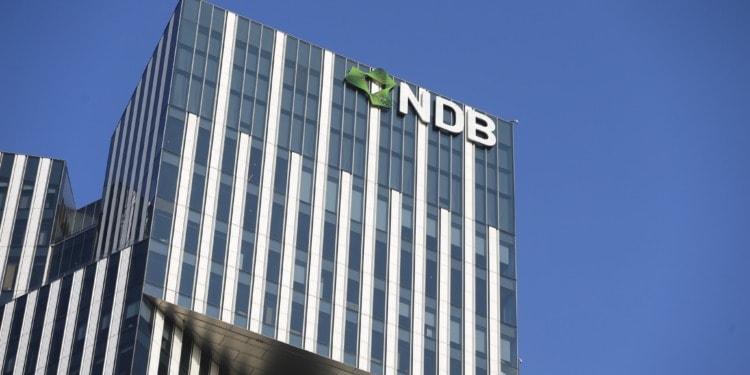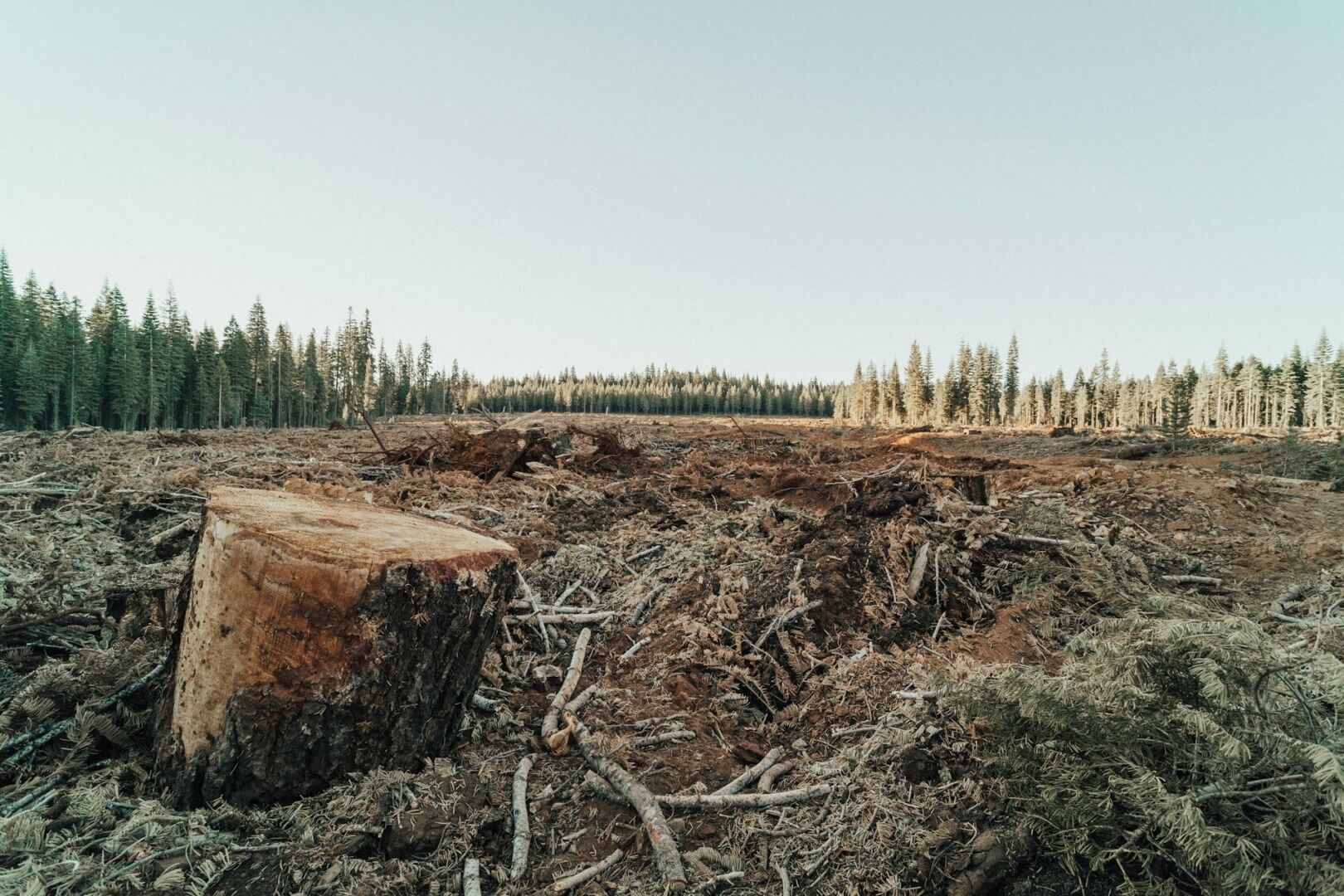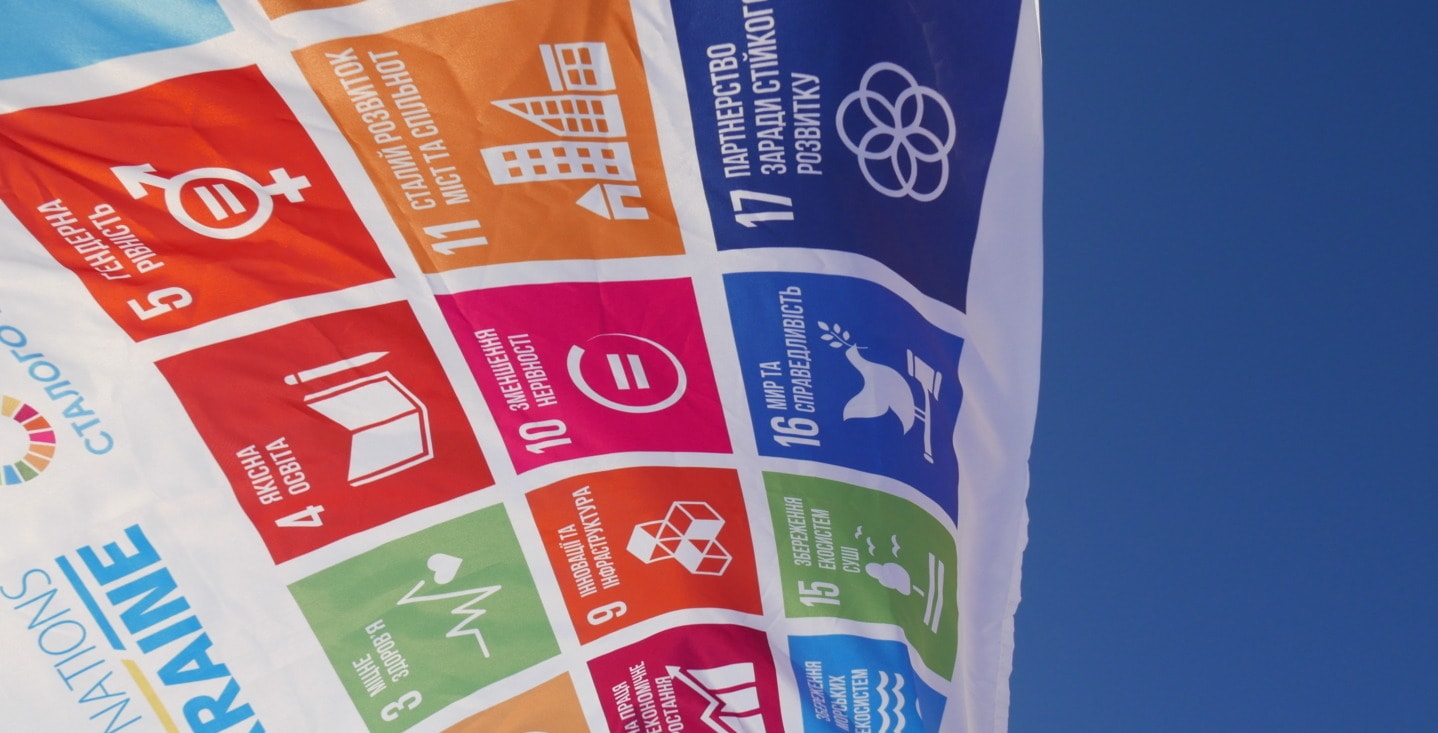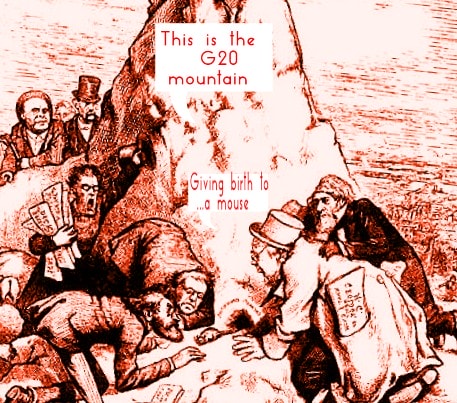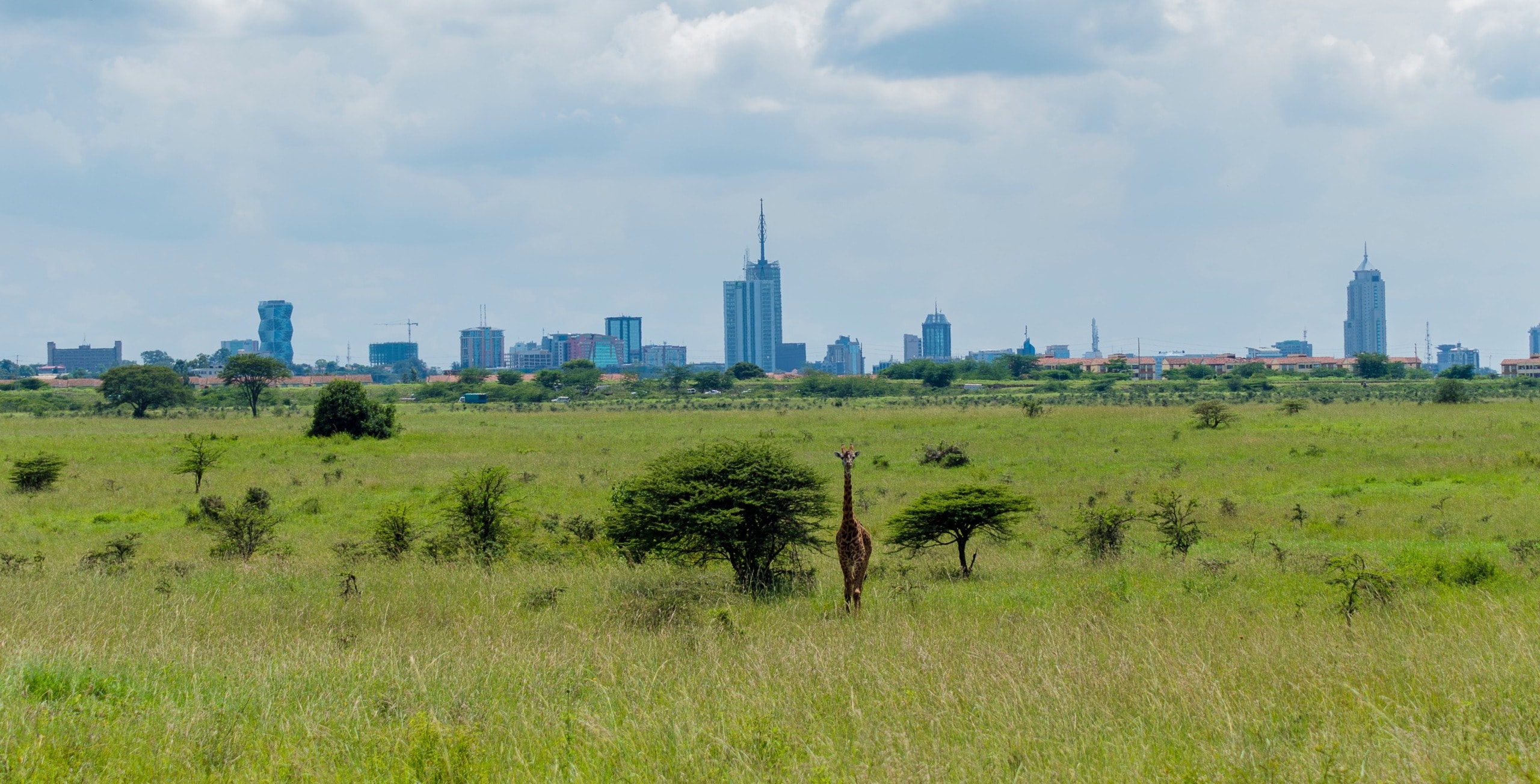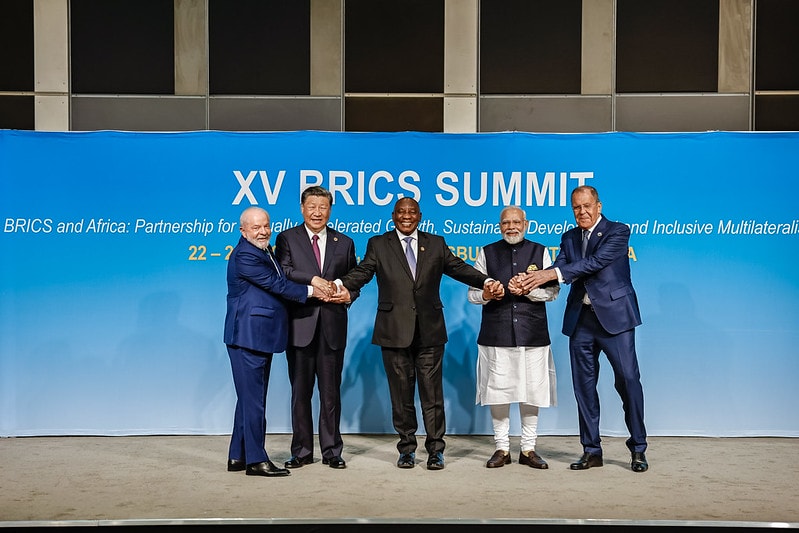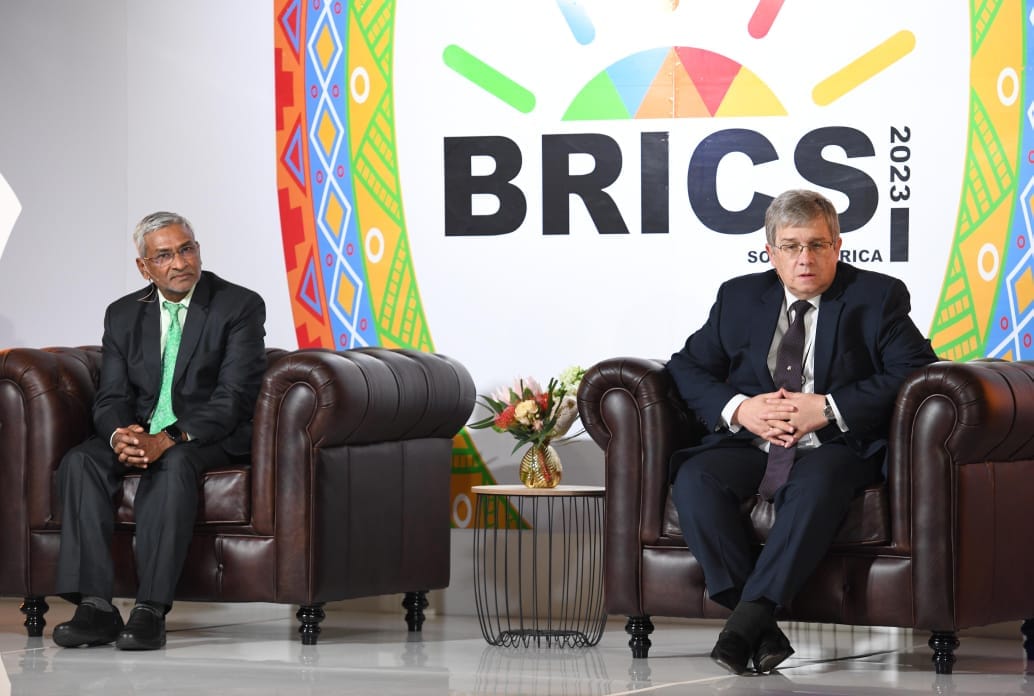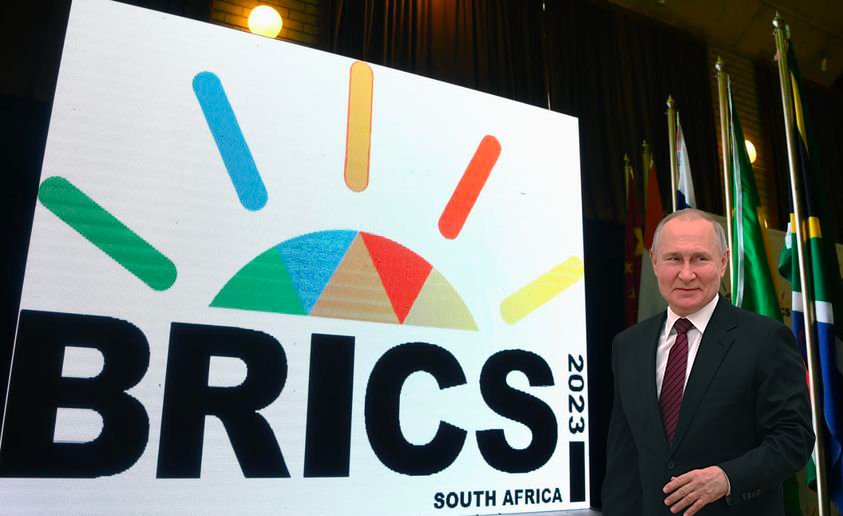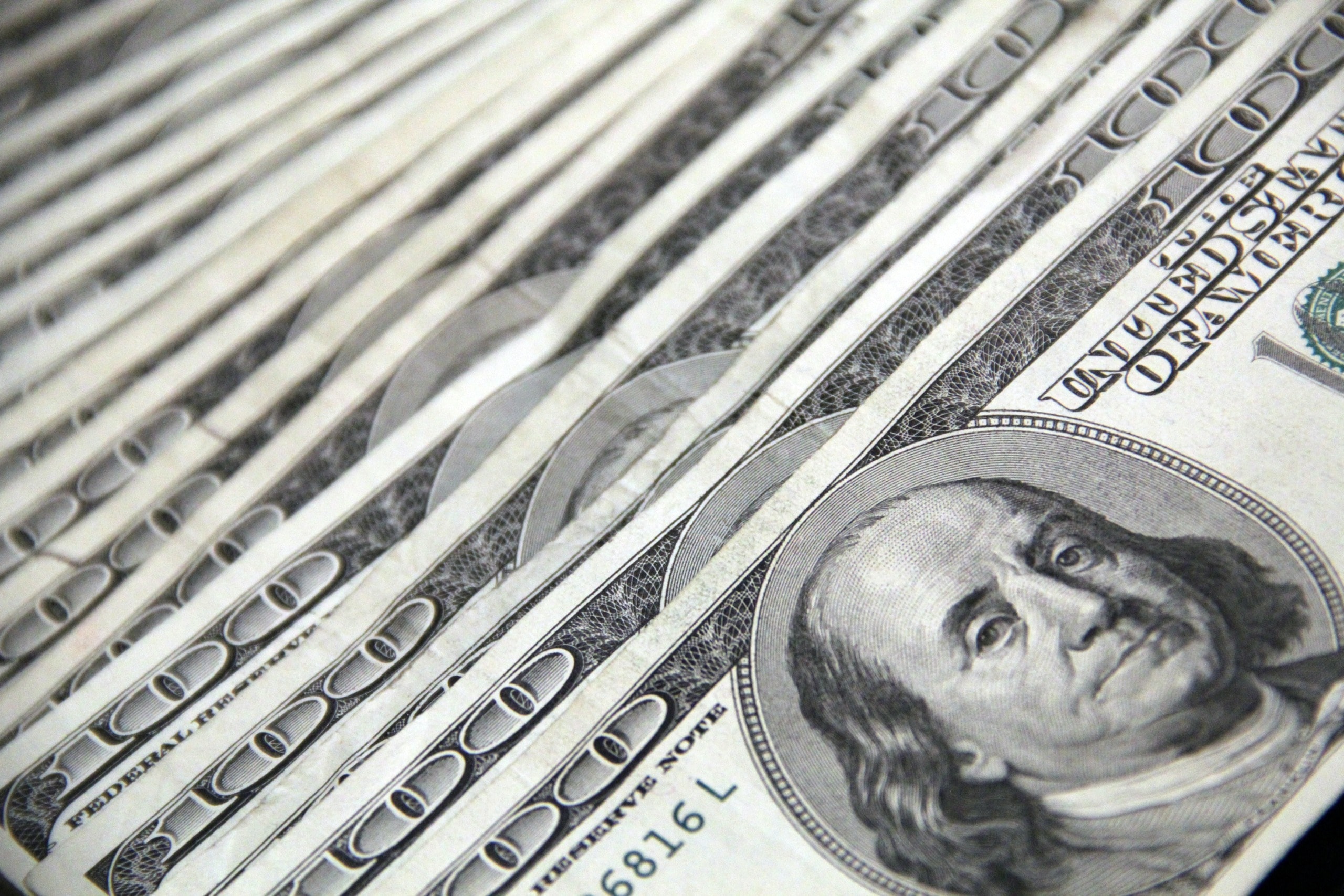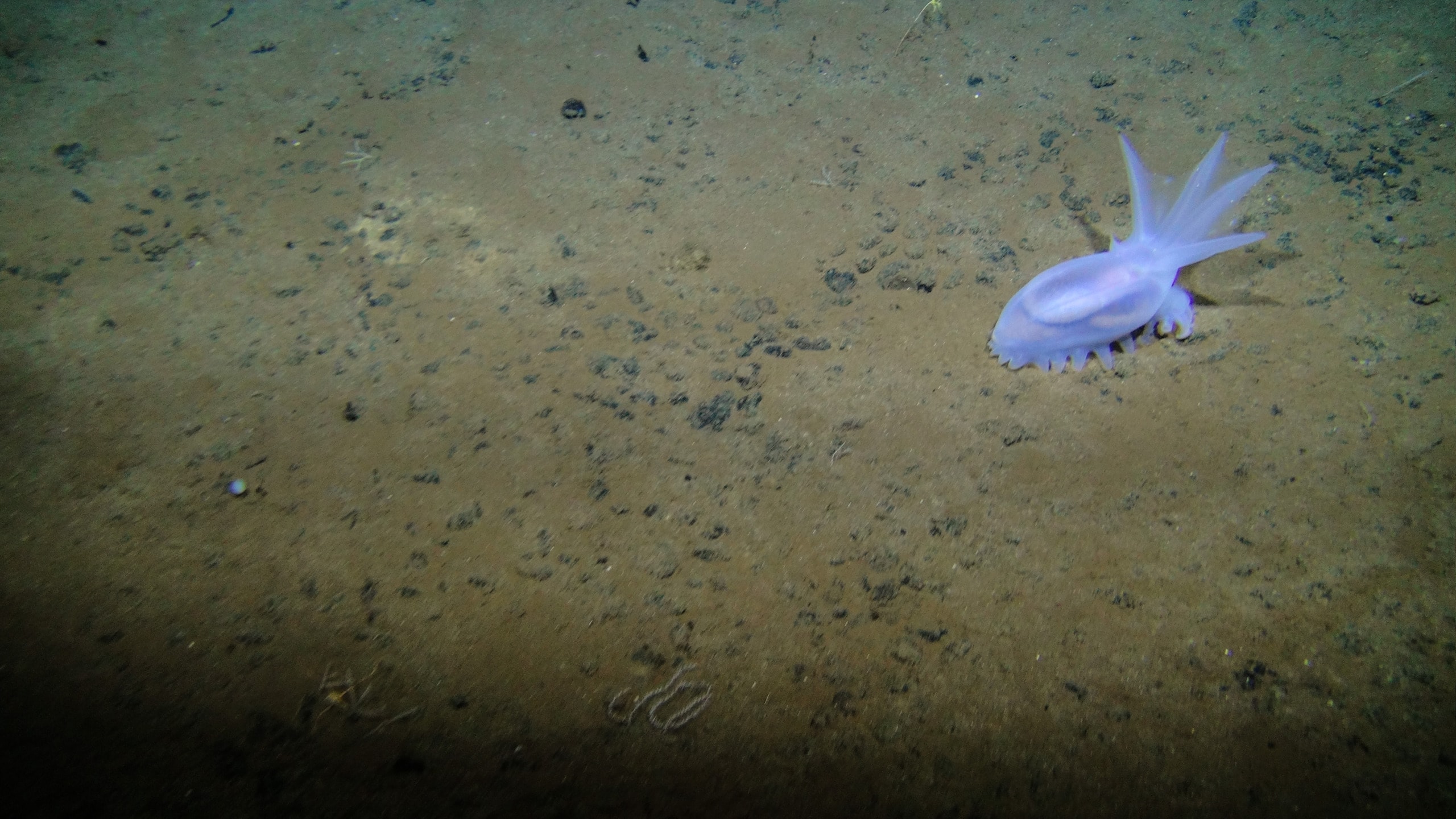What is the BRICS bank?
BRICS is an acronym representing an alliance between five major economies: Brazil, Russia, India, China, and South Africa. These nations are not just average players in the global economy; they have significant economic potential and influence worldwide. The BRICS grouping gained prominence as their economies experienced exponential growth in recent decades. Together, they aim to create a more cooperative global economic system that benefits developing nations like themselves.
Recognizing the power that lies in joining forces, the ultimate goal of the BRICS affiliation is to establish a more influential and cooperative economic platform. This aspiration led to the establishment of the New Development Bank (NDB), previously known as the BRICS Development Bank. Inaugurated during the 6th BRICS Summit in 2014 and headquartered in Shanghai, China, the NDB is a multilateral financial institution with a focus on reducing the development gap among BRICS member countries and other developing nations.
Unlike an ordinary bank, the NDB is more closely related to other global multilateral development institutions like the International Monetary Fund (IMF) and the World Bank. It operates on a cooperative structure, jointly owned and supported by all its member countries.
RELATED ARTICLES: BRICS Summit 2023: The Quest for a New World Order | BRICS Expansion: Five New Members in 2023? | Algeria Applies to Join BRICS: What’s Next? |
This cooperative structure allows the BRICS to pool resources, expertise, and ideas to facilitate funding for essential projects, ultimately boosting local economies. NDB’s investment portfolio includes ventures in clean energy, water & sanitation, transport, social infrastructure, digital infrastructure, and urban development.
Which countries are part of the NDB?
Though the NDB’s genesis lies with Brazil, Russia, India, China, and South Africa, the institution has recently begun expanding its membership. It has already welcomed Bangladesh, Egypt, the United Arab Emirates, and most recently Uruguay, as its first four new members, prompting the institution’s name change.
The NDB’s official website states::
“NDB’s membership expansion is in line with the Bank’s strategy to become the premier development institution for emerging market economies.”
Membership to the NDB is open to all countries that are members of the United Nations (UN) as long as the share of founding members in voting rights remains at a minimum of 55%.
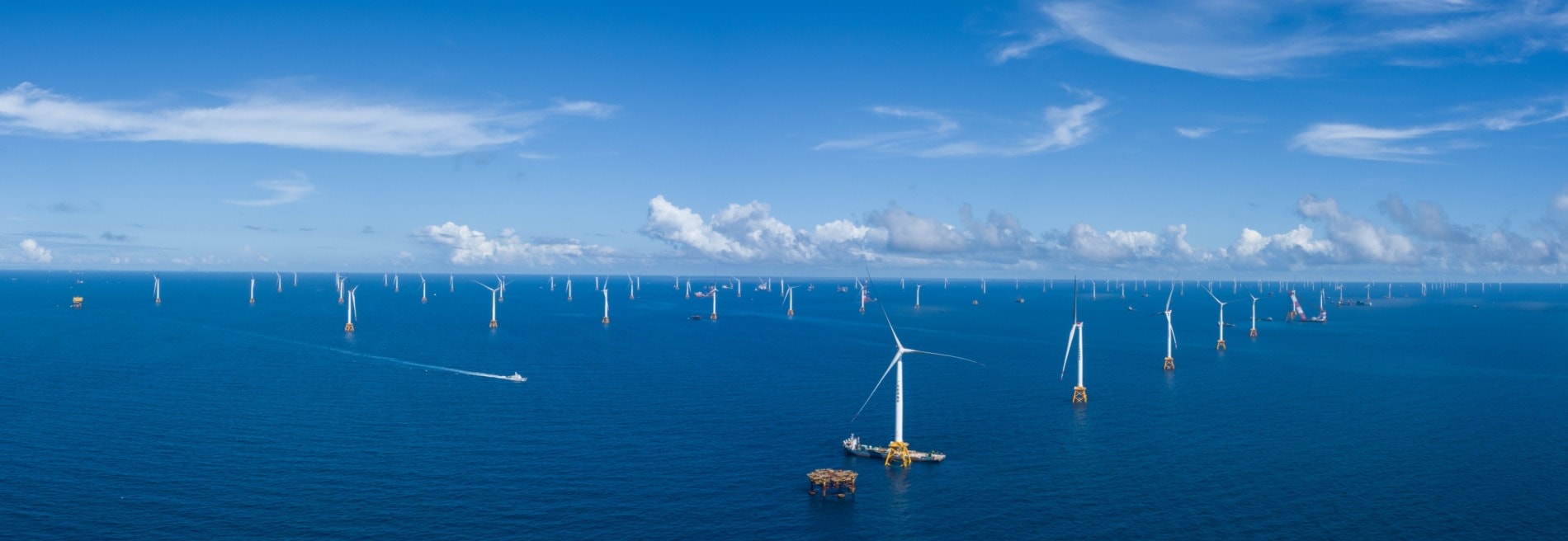
How is the BRICS bank run?
The NDB operates under a unique governance structure to ensure equality and representation among its member nations. The institution’s leadership is vested in the NDB President, who is elected on a rotational basis from one of the five founding members. This rotational system guarantees fairness, allowing each member nation to take on leadership responsibilities in turn.
Two crucial bodies oversee the governance of the NDB: the Board of Governors and the Board of Directors. The Board of Governors comprises high-level representatives from each founding member, serving as the principal decision-making body. It is responsible for setting strategic policies, approving major financial decisions, and appointing key executives, including the NDB President and Vice-Presidents.
The NDB takes pride in having four Vice-Presidents, each representing one of the founding member nations. This diverse Vice-Presidential structure ensures that the interests and perspectives of all founding members are considered in the decision-making process.
A hallmark of the NDB’s governance model is the principle of equal shareholding and voting rights among all founding member nations. This ensures that no single member nation can exert undue influence over the bank’s operations and projects, promoting cooperation, transparency, and mutual respect among member nations.
Sustainable transport infrastructure is critical to improve lives in rapidly growing cities. In India's densely populated city of Mumbai, NDB is co-financing the construction of 3 metro lines to reduce the burden on the existing rail system that transports 8 million people daily. pic.twitter.com/6LlZemluws
— New Development Bank (@NDB_int) July 18, 2023
NDB Declares It Will Not Consider New Projects in Russia
The ongoing conflict between Russia and Ukraine has had far-reaching implications for the international community, including the member countries of the BRICS alliance. The New Development Bank (NDB) finds itself navigating a complex situation, balancing its commitment to international norms and principles with its goal of fostering equality among its members, including Russia.
As the BRICS Summit 2023 approaches, South African officials feared the prospect of upholding the International Criminal Court’s arrest warrant for Russian President Vladimir Putin, should he attend the event in person. Putin’s subsequent decision not to attend the Summit has not alleviated tensions surrounding the situation.
Amidst international pressure and sanctions against Russia, the NDB has taken a cautious approach. The bank recently announced that it is not considering new projects in Russia. In response to speculations about such projects, NDB President Dilma Rousseff posted a statement in Portuguese on her official Twitter account, emphasizing the bank’s compliance with restrictions imposed in financial and capital markets. This decision aligns with international concerns and responses to Russia’s actions and demonstrates the NDB’s commitment to responsible financial governance amid the ongoing geopolitical crisis.
“Any speculations concerning the discussion of new operations of the NDB in Russia are unfounded.”
As the situation continues to evolve, the NDB faces challenges in upholding its cooperative principles while acknowledging global concerns about Russia’s actions. Rousseff’s scheduled discussions with President Putin during the Russia-Africa Summit in St. Petersburg will likely play a crucial role in determining how the NDB navigates this complex landscape.
Editor’s Note: The opinions expressed here by the authors are their own, not those of Impakter.com. — In the Featured Photo: NBD Bank. Featured Photo Credit: NBD Bank – BRICS.


